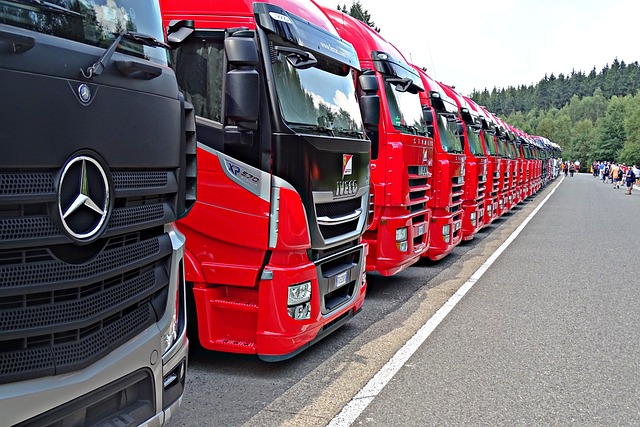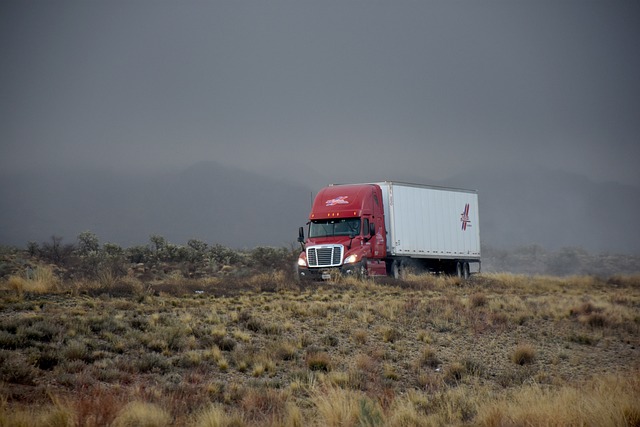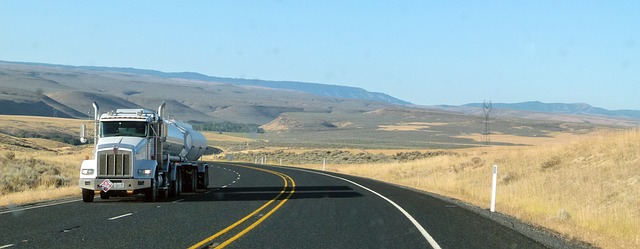When renting a truck, it's crucial to understand your insurance coverage options. Basic agreements often include liability protection but may exclude damage to the rented vehicle. Rented vehicle insurance (RVI) fills these gaps, covering repair/replacement costs, legal fees, and towing expenses due to accidents or unforeseen events like theft or natural disasters. It's especially recommended for high-risk trips or extended rentals. Exclusions vary; misuse, pre-existing damages, and specific hazards are common. Reviewing the fine print and choosing a comprehensive RVI plan that aligns with your needs is essential for protecting your investment and personal belongings.
Accident and damage protection for rental trucks is a crucial consideration for anyone renting a vehicle. This comprehensive guide delves into understanding rental truck insurance policies, exploring various coverage options for accidental damages, and highlighting exclusions to watch out for. Learn how to navigate these complexities to ensure you get the best protection for your rented vehicle in today’s digital era. Maximize peace of mind by mastering these essential insights on rented vehicle insurance.
- Understanding Rental Truck Insurance Policies
- Types of Coverage for Accidental Damages
- Exclusions and Limitations to Watch Out For
- How to Get the Best Protection for Your Rented Vehicle
Understanding Rental Truck Insurance Policies

When renting a truck, it’s crucial to understand your rental agreement and insurance coverage. Many rental companies offer basic liability coverage as part of their package, which typically includes protection against third-party damages and certain types of accidents. However, this standard coverage might not extend to all scenarios, especially when it comes to damage to the rented vehicle itself. This is where rented vehicle insurance becomes essential.
Rented vehicle insurance, often referred to as rental car insurance or supplemental insurance, provides extra protection for the renter in case of unforeseen events like collisions, theft, or natural disasters. It’s designed to fill the gaps left by the standard policy and can cover costs such as repair or replacement of the vehicle, as well as legal fees and towing expenses. Understanding these policies is key to ensuring you’re adequately protected during your rental period.
Types of Coverage for Accidental Damages

When renting a truck, understanding your coverage options for accidental damages is crucial. Many rental companies offer various types of insurance to protect you from unexpected incidents. Typically, basic rental agreements include liability coverage, which protects against claims arising from accidents caused by the rented vehicle. However, this often does not cover damage to the truck itself.
Rented vehicle insurance plans can be tailored to suit different needs. Comprehensive insurance covers a wide range of damages, including those caused by collision or accidental events like floods or animal encounters. This is especially beneficial for high-risk trips or when renting for extended periods. In contrast, liability-only insurance is the most basic form, shielding you from financial responsibility for any damage to the vehicle but offering limited protection for your own assets.
Exclusions and Limitations to Watch Out For

When it comes to rental truck insurance, understanding exclusions and limitations is crucial. While rented vehicle insurance provides valuable coverage for damages and accidents, there are specific situations that are often not covered. For instance, many policies exclude liability for damage caused by misuse of the vehicle, such as racing or towing beyond the specified limits. Additionally, certain types of damage like rust, mold, or interior cleaning issues are usually not included in standard insurance plans.
It’s important to read the fine print carefully to avoid unexpected costs. Some rental agreements may require you to purchase extra coverage for specific hazards like sand, snow, or water damage. Moreover, pre-existing damages, vehicle modifications, and acts of terrorism are common exclusions. Being aware of these limitations ensures you’re adequately prepared and can make informed decisions when renting a truck.
How to Get the Best Protection for Your Rented Vehicle

When renting a truck, ensuring adequate protection for your investment is paramount. The first step is to thoroughly understand the rental agreement’s coverage terms. Many rental companies offer various insurance options, from liability coverage to collision damage waiver. Opting for a comprehensive rented vehicle insurance plan that suits your needs is essential. This includes checking what is covered and what deductibles apply in case of accidents or damages.
Additionally, consider personal belongings protection if you’re transporting valuable items. Separate policies or add-ons can shield your possessions from theft or damage. Staying informed about the specific protections available through both the rental company and your own insurance provider empowers you to make informed decisions, providing peace of mind during your rental period.
When renting a truck, ensuring adequate accident and damage protection is crucial. By understanding rental truck insurance policies, familiarizing yourself with coverage options, and being aware of exclusions, you can select the best rented vehicle insurance to suit your needs. This proactive approach will provide peace of mind, offering comprehensive protection for potential damages, and ensuring a seamless experience during your rental period.
